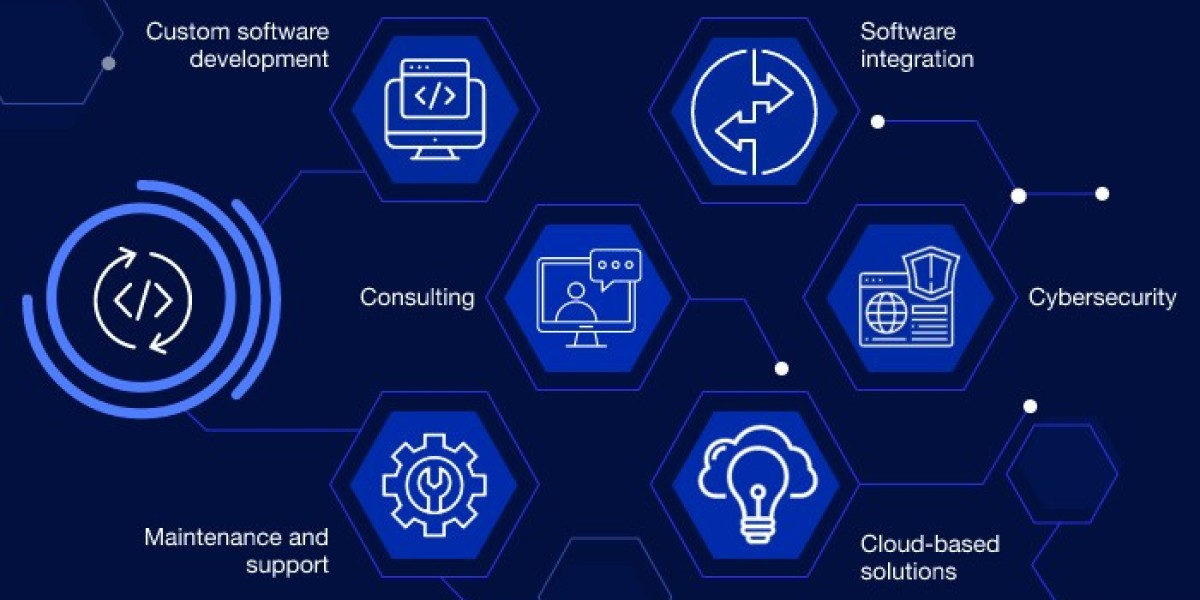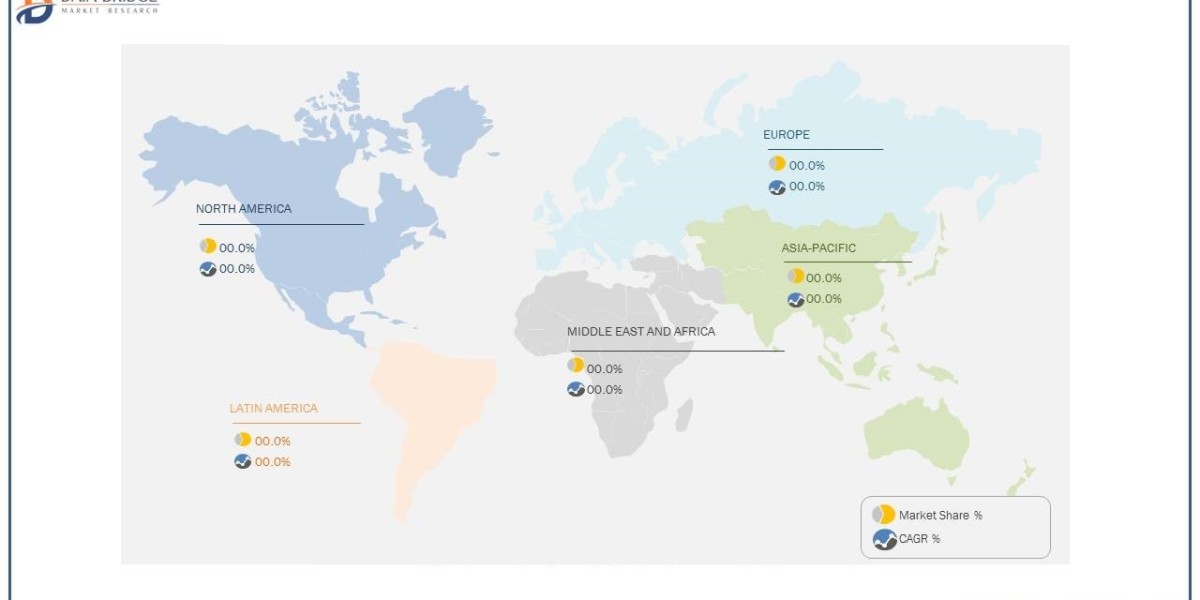Artificial Intelligence (AI) has transcended its role as a futuristic concept and has firmly entrenched itself in the realm of custom software development. As technology continues to evolve at a rapid pace, AI is driving innovative transformations in how software is conceptualized, created, and utilized. In this blog, we will explore the crucial AI tech trends that are shaping the landscape of custom software development solutions. From enhancing user experiences to optimizing business processes, these trends are defining the future of software development.
1. Personalized User Experiences
In the era of personalization, users expect software that caters to their individual preferences and needs. AI is playing a pivotal role in crafting personalized user experiences. By analyzing user behavior and data, AI algorithms can predict user preferences and adapt interfaces and functionalities accordingly. From tailored content recommendations to intuitive user interfaces, personalized experiences enhance user satisfaction and engagement.
2. Natural Language Processing (NLP)
The ability of machines to understand and respond to human language has opened up a world of possibilities. NLP, a branch of AI, enables software to comprehend and generate human language. In custom software development, NLP powers chatbots, virtual assistants, and voice-activated applications that streamline interactions between users and software. These advancements not only improve customer support but also enhance user engagement and efficiency.
3. Predictive Analytics
Predictive analytics leverages AI to analyze historical data and predict future trends. In custom software development, this trend is transforming decision-making processes. By analyzing vast datasets, predictive analytics can anticipate user preferences, market trends, and even potential technical issues. This foresight enables businesses to make informed decisions and take proactive measures.
4. Automation and Process Optimization
AI-driven automation is revolutionizing the efficiency of custom software development. Routine tasks such as code generation, testing, and debugging can be automated, freeing developers to focus on more complex and creative aspects of software creation. Automation not only accelerates the development process but also reduces the likelihood of human errors.
5. Machine Learning for Data Insights
Machine Learning (ML) empowers software to learn and improve from experience. In custom software development, ML algorithms analyze large datasets to identify patterns and correlations. This, in turn, generates valuable insights for businesses, allowing them to make data-driven decisions. ML's ability to continuously learn and adapt ensures that software solutions remain relevant in dynamic environments.
6. Enhanced Security Measures
AI is a game-changer in bolstering cybersecurity measures. In custom software development, AI algorithms can analyze network traffic and user behavior in real-time to identify potential security threats. AI-powered solutions also enhance fraud detection, ensuring secure transactions and safeguarding sensitive user information.
7. Generative AI and Creativity
Generative AI is taking creativity in custom software development to new heights. This trend involves training AI models on existing data to generate new content, such as images, text, and even code. In custom software development, Generative AI can automate design elements, create diverse visual assets, and even propose code solutions. This accelerates development and provides innovative alternatives.
8. Augmented Reality (AR) and Virtual Reality (VR)
AR and VR are transforming the way users interact with software. In custom software development, AI is enhancing AR and VR experiences. By combining AI with AR/VR technologies, developers can create more immersive and interactive simulations. These applications extend beyond entertainment and are being used in training, education, healthcare, and architectural design.
9. Continuous Learning and Improvement
AI-powered software solutions have the capability to evolve and improve over time. By gathering data from user interactions, software developers can refine algorithms and functionalities to better meet user needs. This continuous learning loop ensures that software remains relevant and adaptable in a rapidly changing technological landscape.
10. Cross-Industry Applications
AI technology trends in custom software development are not confined to a single industry. The versatility of AI means that its applications extend across various sectors, from healthcare and finance to manufacturing and entertainment. As AI continues to evolve, custom software development will cater to diverse industries, providing tailored solutions that address specific challenges and opportunities.
Conclusion
AI tech trends are at the forefront of custom software development, redefining how software is created and utilized across industries. From personalized user experiences and NLP-driven interactions to predictive analytics and process automation, AI is shaping a new era of innovation. As custom software developers leverage these trends, the future promises software solutions that are not only technologically advanced but also highly intuitive, efficient, and responsive to user needs. By staying abreast of these AI tech trends, businesses can position themselves at the forefront of the evolving technological landscape and create software that drives tangible value and growth.








